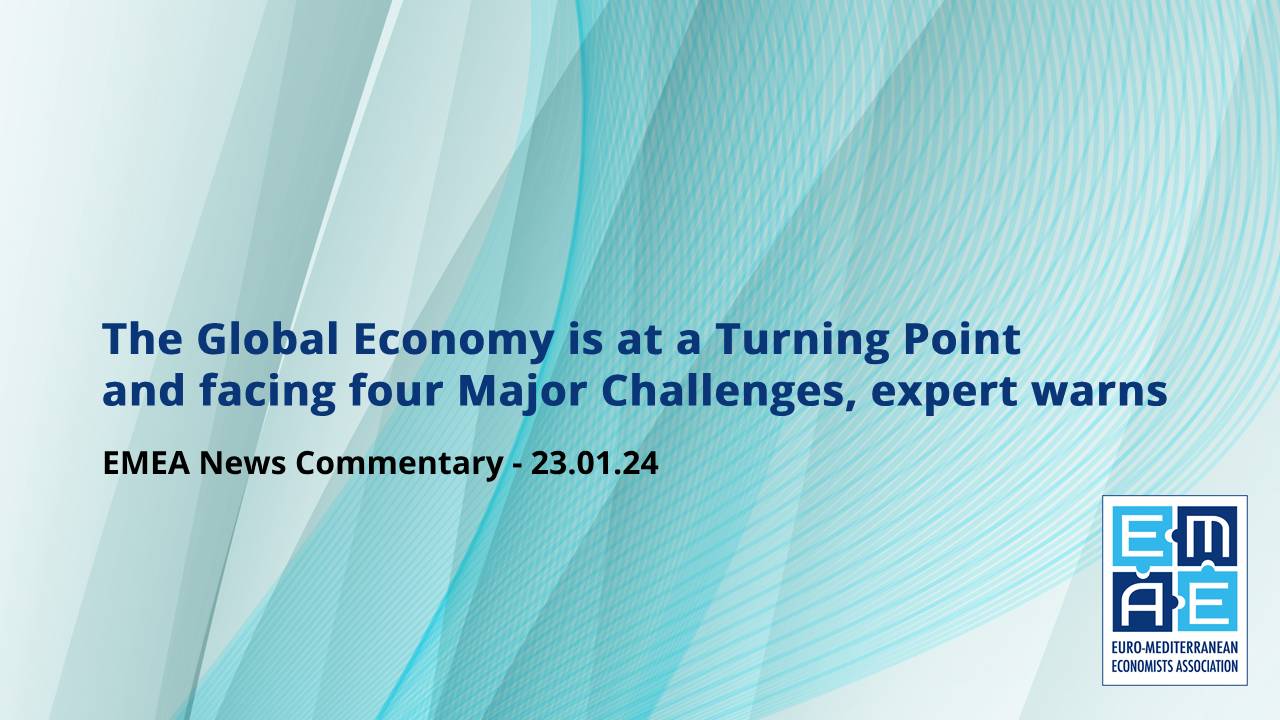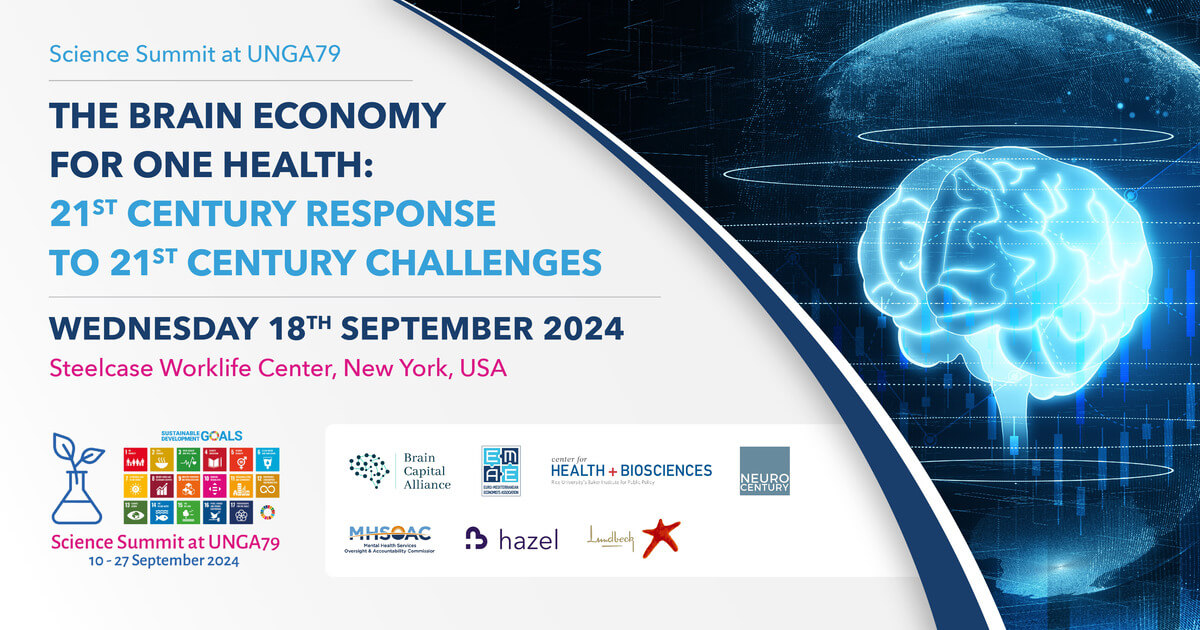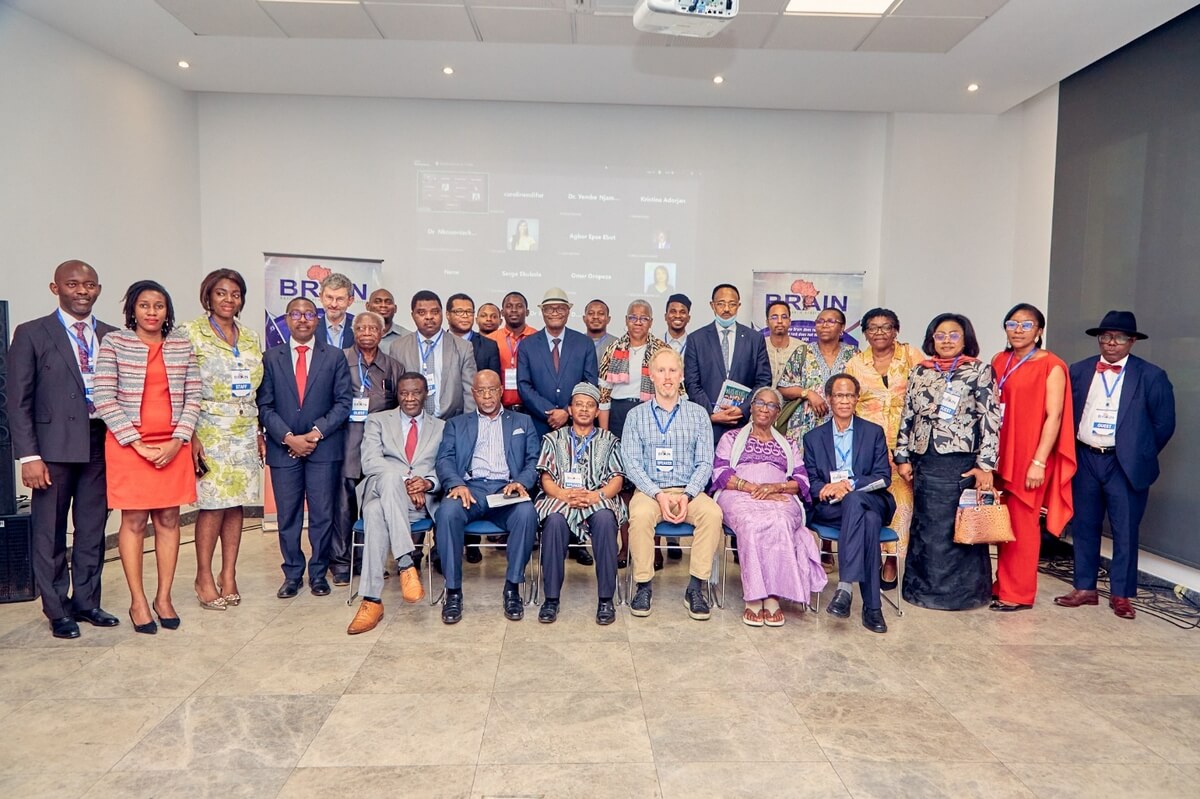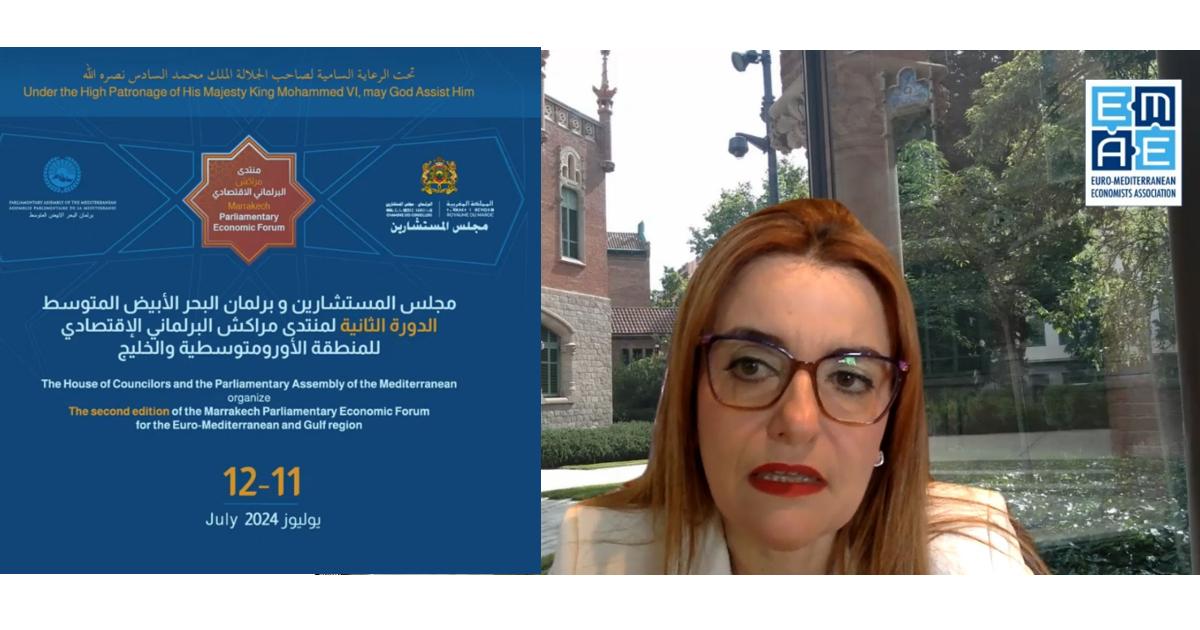New, creative thinking is urgently needed to address climate change, socio-economic malaise, faltering development strategies and the breakdown of globalisation as we know it, according to the eminent economist, Dani Rodrik.
Writing for Project Syndicate, Rodrik, the Ford Foundation Professor of International Political Economy at the John F. Kennedy School of Government at Harvard University and President of the International Economic Association, said that the tumultuous year of 2023 had “confirmed that the global economy is at a turning point.”
During 2024, he said the world faced four big challenges:
- the climate transition
- the challenge of creating good jobs
- an economic development crisis
- the search for a newer, healthier form of globalisation
To deal with them, it was important to discard “established modes of thinking.” Instead, creative workable solutions were required that would be “necessarily uncoordinated and experimental.”
Climate change – a daunting challenge
Rodrik said that climate change was the most daunting challenge of all, which had been ignored for a long time, at huge cost.
“If we are to avoid condemning humanity to a dystopian future, we must act fast to decarbonise the global economy,” he wrote.
There needed to be green alternatives to fossil fuels, whilst defences were urgently needed to counter “the lasting environmental damage that past inaction has already caused.”
But he cautioned that this wasn’t likely to happen “through global cooperation or economists’ favoured policies.”
Citing the United States, China and the European Union as examples, he said individual countries were ploughing on with their own green agendas, which amounted to an “uncoordinated push for climate action.”
Whilst recognising that this approach might realistically be the only way forward, he gave a downbeat assessment of the outcome. “The result will be a hotch potch of emission caps, tax incentives, research and development support, and green industrial policies with little global coherence and occasional costs for other countries,” he wrote.
Economic, regional and cultural divide
Furthermore, inequality, the erosion of the middle class and labour-market polarisation had caused equally significant damage to our social environment, the consequences of which were now widely evident, Rodrik commented.
“Economic, regional, and cultural gaps within countries are widening, and liberal democracy (and the values that support it) appears to be in decline, reflecting rising support for xenophobic, authoritarian populists and the growing backlash against scientific and technical expertise,” he wrote.
Whilst social transfers and the welfare state could assist, a supply of good jobs for less-educated workers remained the top priority.
“We need more productive, well-remunerated employment opportunities that can provide dignity and social recognition for those without a college degree,” Rodrik advocated. In addition to greater investment in education and improved workers’ rights, he predicted that the concentration of future employment would be in the service sector, necessitating a whole new set of industrial policies.
He pointed out that productive manufacturing jobs were in decline due to increased automation and more intense global competition. This had impacted developing countries, many of whom were encountering “premature de-industrialisation.”
Similarly, it had become increasingly difficult for low-income countries to absorb workers into formal manufacturing firms, which meant they were “precluded from pursuing the kind of export-oriented development strategy that has been so effective in East Asia and a few other countries.”
This “crisis of growth strategies” called for an “entirely new development model” for poorer nations.
He said the future for employment in low-and middle-income countries would be in the service sector. But the problem with this was that job opportunities were currently spread amongst small, informal enterprises. This meant there were “no ready-made models of service-led development to emulate.”
As a result, Governments would need to become more experimental, he suggested, which would require a combination of green transition investment, together with boosting productivity in labour-absorbing services.
The reinvention of globalisation
Meanwhile, globalisation in its current form was “no longer fit for purpose,” Rodrik believed.
The post-1990 hyper-globalisation model had been swept aside by geopolitical competition between the United States and China, with more emphasis “on domestic social, economic, public-health, and environmental concerns.”
He said the current position would “have to be replaced by a new understanding that rebalances national needs and the requirements of a healthy global economy that facilitates international trade and long-term foreign investment.”
In future, globalisation would need to be less intrusive, acknowledging the needs of all countries, reflecting more flexible policies that took into account domestic challenges and national security issues.
But he cautioned that such a model could be impacted by the US seeking global primacy, at the same time as China was pushing for greater regional domination.
“The result would be a weaponisation of economic interdependence and significant economic decoupling, with trade and investment treated as a zero-sum game,” he warned.
An alternative and more favourable scenario would be where the two superpowers kept their geopolitical ambitions in hand, where they both accepted that their competing economic objectives – and that of the global economy – would be “better served through accommodation and cooperation.”
Referencing the Bretton Woods era, Rodrik said it had demonstrated that a significant expansion of global trade, where countries retained “considerable policy autonomy” was compatible with a veneer of globalisation.
“The biggest gift major powers can give to the world economy is to manage their own domestic economies well,” he wrote.
Nevertheless, without discarding conventional economics, all these challenges required a fresh approach – adding that economists would have to adapt to the objectives and constraints of the day, in order to remain relevant. “They will have to be open to experimentation and sympathetic, if governments engage in actions that do not conform to the playbooks of the past.”





